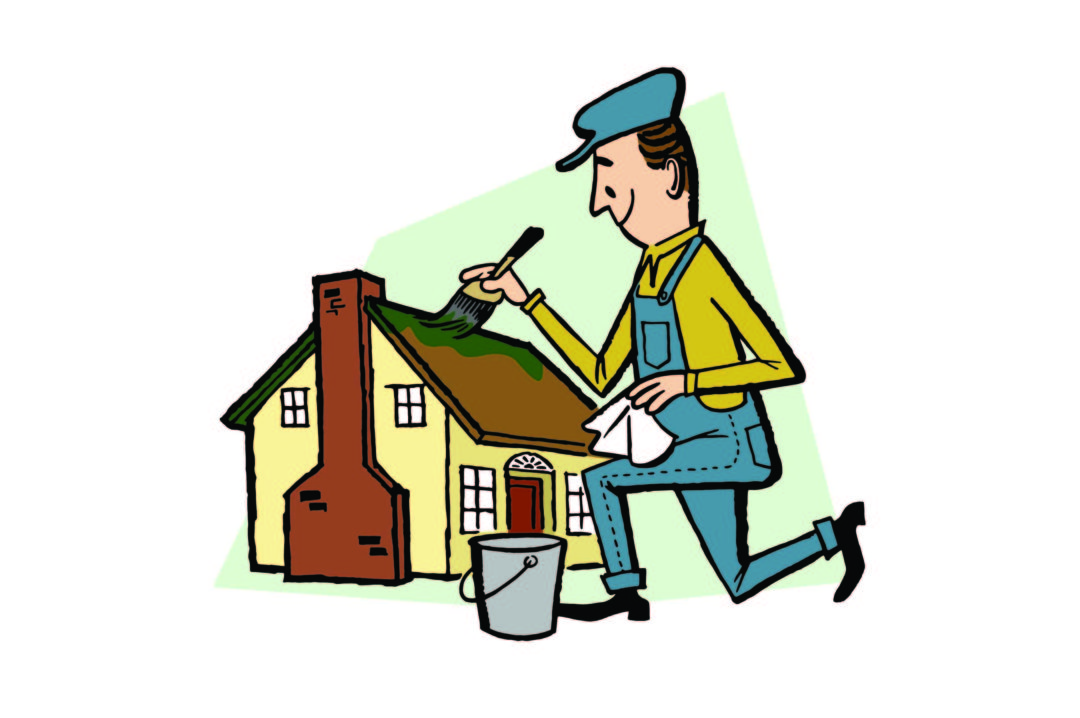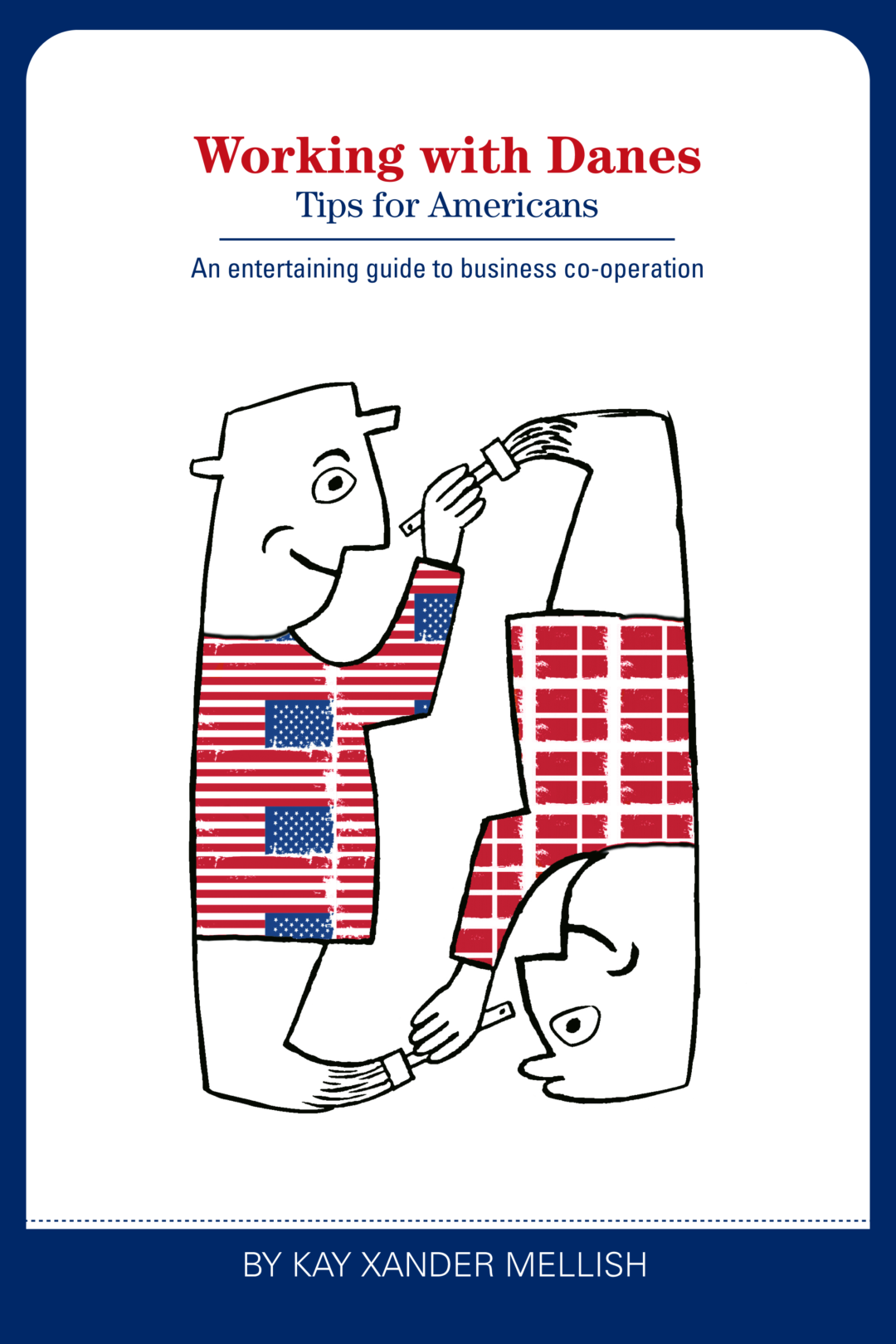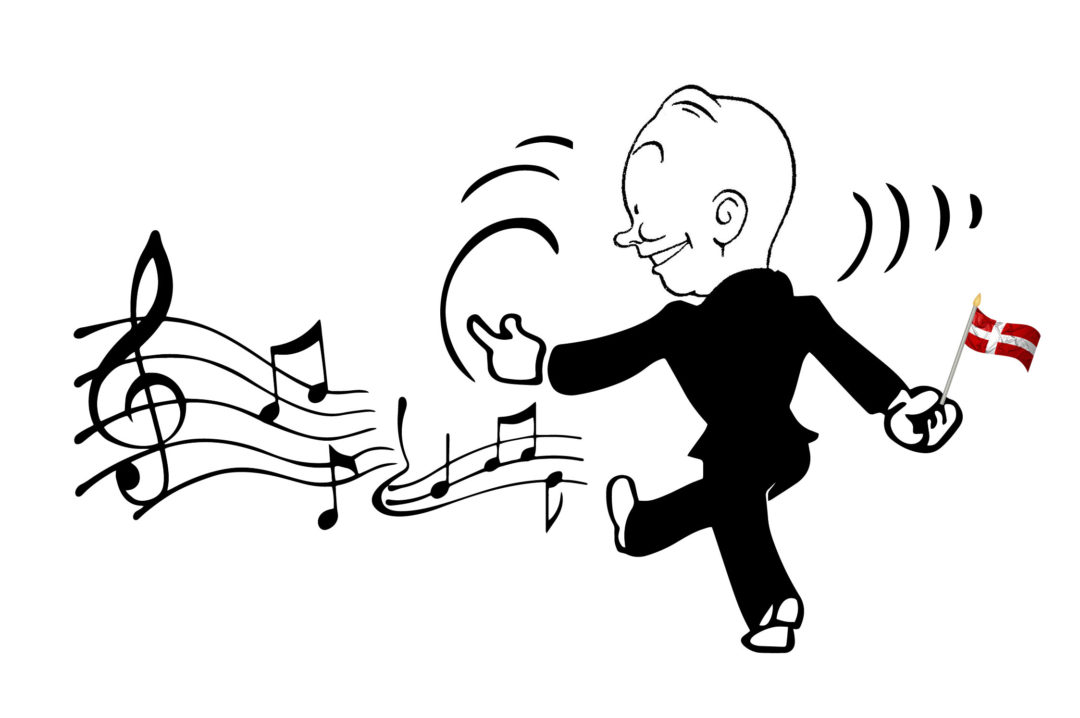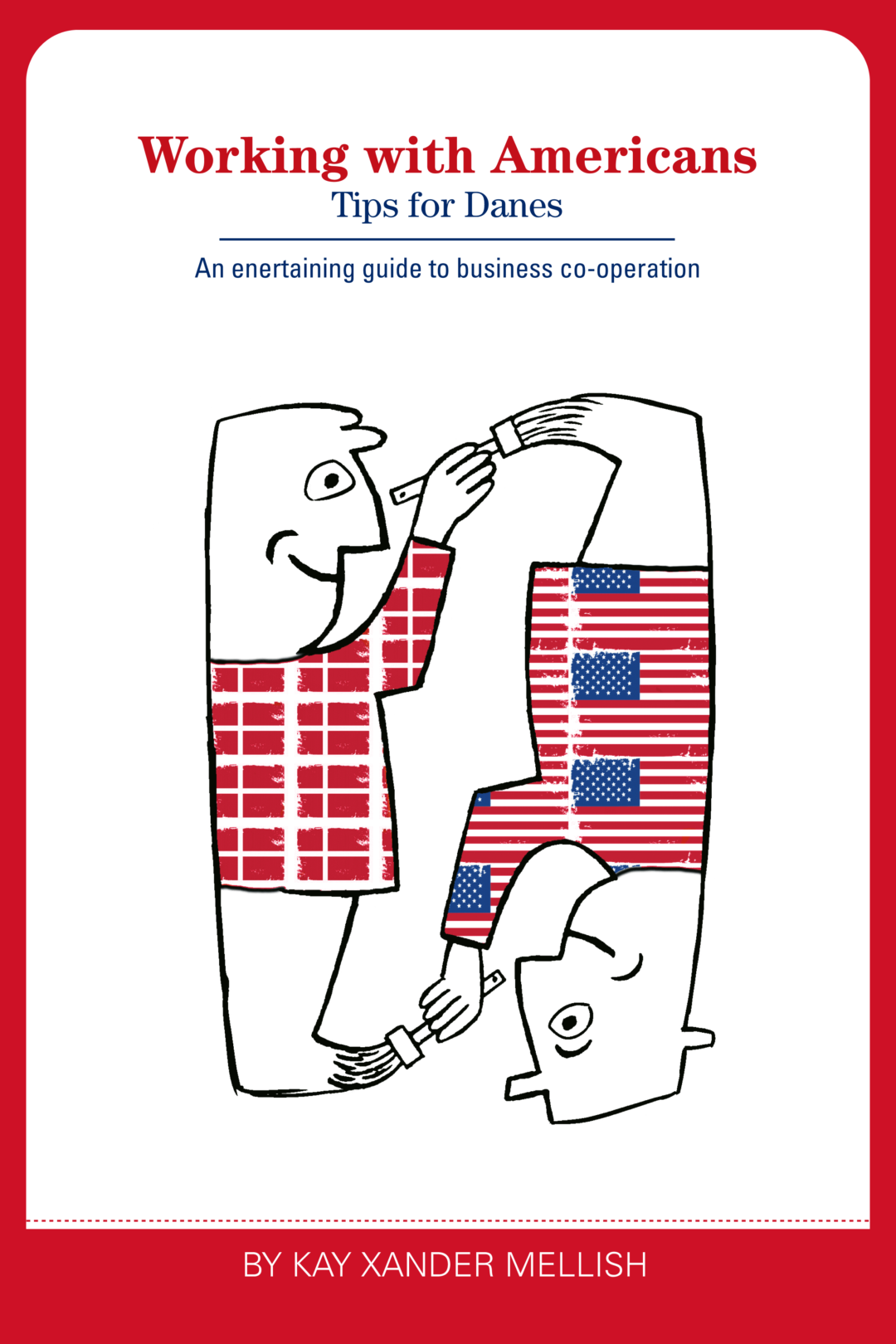On TV2’s “Go’ Morgen Danmark,” Kay recently discussed the differences between US and Danish working culture.
In addition, DR.DK featured Kay in a story about how Americans perceive Danish social habits.
Journalist og forfatter Kay Xander Mellish, der har boet i Danmark siden år 2000 og har udgivet bøger med titler som ‘How to Live in Denmark’ og ‘How to Work in Denmark’. Bøgerne er skrevet med en tilflytters perspektiv og kaster et kærligt-kritisk blik på danskernes vaner og uvaner.
– Jeg er for nylig begyndt at coache danskere i de kulturelle forskelle, de vil opleve, når de laver forretninger i USA. Her er en vigtig læring, at danskere generelt ikke bryder sig om at give positiv feedback, medmindre noget er virkelig sensationelt,
Kay also noted the difference in the way Danes and Americans handle social events, particularly dinner parties.
“Når du er til et middagsselskab i Danmark, forventes det, at du bliver hængende virkelig, virkelig længe. Det forventes også, at du bliver siddende på den samme plads hele aftenen og i øvrigt drikker store mængder alkohol,” siger Kay Xander Mellish.
“Når du er inviteret til middag i USA, så rejser du dig, når du er færdig med at spise, og går måske ind i stuen og ser tv eller gamer sammen eller går i biografen. I USA tolkes det som dårlig opdragelse, hvis du bliver hængende for længe og bliver en byrde for din vært.
“I Danmark tolkes det derimod som uhøfligt, hvis du som gæst tager tidligt hjem. Da jeg kom hertil, kom jeg til at fornærme mange danskere, fordi jeg ikke forstod denne kulturelle forskel.”
Finally, BBC.com quoted Kay Xander Mellish in its story The Single Word that Connects Denmark.
It quoted Kay as saying:
Heavily subsidised through taxes, Danish daycare centres foster social mindedness early in life. “Almost everyone goes to public daycare in Denmark,” said Kay Xander Mellish, author of the books How to Live in Denmark and How to Work in Denmark. “Even Prince Christian, the future King Christian XI, attended public daycare.” Every child born in Denmark is guaranteed a place in daycare from six months to six years of age where the emphasis is on playing and socialising – formal education doesn’t begin until age eight or nine.
A culture where everyone is well looked after fosters trust and a sense of all being in it together
“In the first few years,” said Mellish, “children learn the basic rules for functioning as a society. They learn how to sit at a table at lunch time, wait until it is their turn to be served, and feed themselves. In the playground, they spend most of their time in “free play”, in which they make up rules for their own games.”
Staff generally don’t lead play, she explained, which “allows the children to form their own groups and learn how to work together on their own.”
And Kristeligt Dagblad interviewed Kay about the role of alcohol in Danish life.
“”Jeg husker tydeligt mine første julefrokoster, hvor alle de gifte mænd pludselig var enormt interesseret i at blive venner med én og tale om, at deres koner aldrig forstod dem,” siger Kay Xander Mellish.
Hear all our How to Live in Denmark podcasts on Spotify and on Apple Podcasts.













